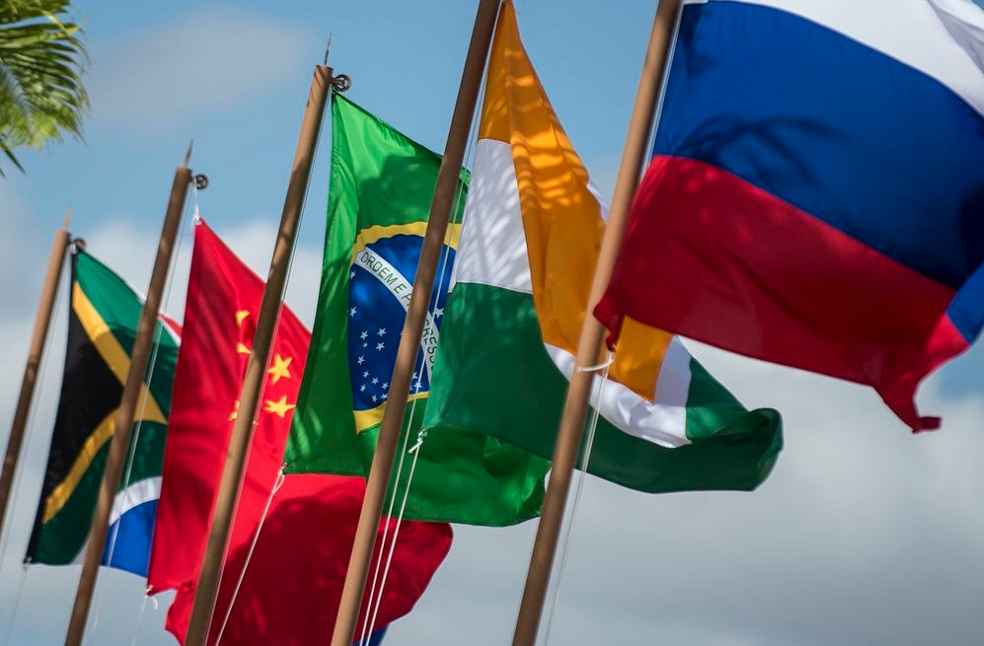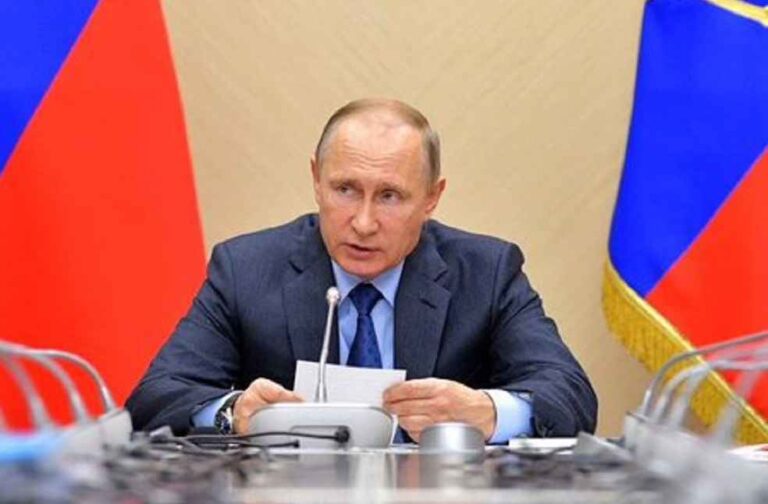BRICS economic consortium—encompassing Brazil, Russia, India, China, and South Africa—has emerged as bilateral commerce between Russia and China not only surpasses the ambitious benchmark of $200 billion but accomplishes this feat eschewing the US dollar, achieving a remarkable $240 billion. This development, underscored during a conversation between Russian President Vladimir Putin and journalist Tucker Carlson, illustrates the trade dynamics between Moscow and Beijing as balanced and synergistic.
This stride forward arrives at a juncture where the BRICS bloc witnesses unparalleled economic ascension, now eclipsing the collective Gross Domestic Product (GDP) of the G7 nations, marking a pivotal shift in global economic power and influence.
Strategic De-Dollarization and Bloc Expansion
The year 2023 stood as a critical period for the BRICS alliance, with a strategic pivot towards de-dollarization in the face of sanctions targeting Russia, emphasizing transactions in national currencies. This initiative has been a cornerstone in the consortium’s economic policies, aimed at diminishing reliance on the US dollar.

Additionally, the BRICS alliance expanded its membership for the first time since South Africa’s admission in 2001, welcoming Iran, the United Arab Emirates, Saudi Arabia, Egypt, and Ethiopia. This enlargement signals the bloc’s escalating allure and its ambitions for a more pronounced role in global economic discourse.
With Russia at the helm in 2024, the alliance is poised to persist in its trajectory of growth and influence. President Putin, speaking with Carlson, illuminated the successful breach of the Sino-Russian bilateral trade objective, conducted entirely through their national currencies. This accomplishment not only underscores a significant stride towards de-dollarization but also cements the economic partnership between China and Russia within the BRICS framework.
Putin’s discourse also illuminated the broader economic transformations unfolding globally. He observed that in 1992, the BRICS nations represented a mere 16% of the world economy, juxtaposed against the G7’s 47%. This dynamic has radically shifted, with the BRICS bloc now outpacing the G7, a testament to the evolving contours of the global economy.

Putin accentuated that this economic reconfiguration transcends the events in Ukraine, reflecting broader trends in global development. He analogized these inevitable shifts to the sun’s ascent, positing that adaptation to this new economic landscape is imperative.
The overtaking of the G7 by the BRICS in GDP terms, coupled with the achievement of a $240 billion trade milestone between China and Russia sans the US dollar, signifies a watershed in global economic history. It heralds a trend towards a multipolar global economy, with the BRICS nations asserting their stature and challenging the erstwhile economic hegemony of the G7 countries. This evolution signals a significant realignment in global economic power dynamics, with far-reaching implications for international commerce, economic policymaking, and global financial frameworks.
LATEST NEWS | EU, Canada Redefine CETA: Fast Track to Ratification with Green Safeguards



